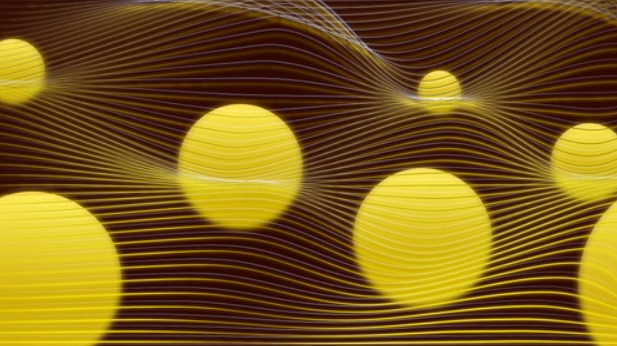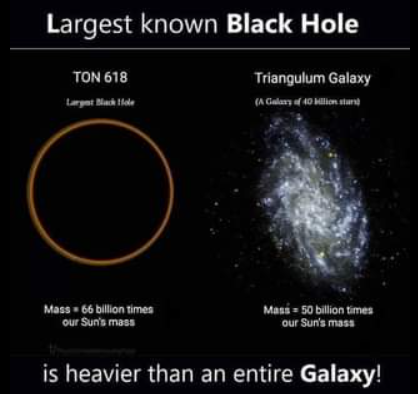The DU Lounge
Related: Culture Forums, Support ForumsScientists May Have Detected a Signal That Could Change Astronomy Forever
Scientists think they may have spied the universe's "gravitational wave background" after more than a decade of searching.https://www.vice.com/en/article/qjpep5/scientists-may-have-detected-a-signal-that-could-change-astronomy-forever

In 2015, scientists snagged the first detection of a gravitational wave, a ripple in the fabric of spacetime. The achievement marked the beginning of an entirely new field of astronomy and earned the 2017 Nobel Prize in Physics. Now, emerging research suggests that we may be on the cusp of yet another major milestone for gravitational wave astronomy: the detection of the so-called “gravitational wave background.” The discovery of gravitational waves continues to be one of the most consequential breakthroughs in science because it allows researchers to examine cataclysmic events, such as the mergers of black holes, that could never be spotted with traditional light-based astronomy.
Detectors like Laser Interferometer Gravitational-Wave Observatory (LIGO), which captured the first gravitational wave over five years ago, are built to sense relatively loud, high-frequency waves. But scientists predict that there is also an ambient murmur of subtle, low-frequency ripples constantly flowing through everything in the universe, including Earth. Now, researchers think they’ve found a candidate signal after more than a decade of watching fast-spinning collapsed stars for the faintest sign of a discrepancy that might indicate a wave.
This background wave source, if discovered, would be an absolute goldmine of information about some of the most persistent mysteries of the universe. For instance, the stochastic waves could shed light on the enigmatic behaviour of supermassive black holes, which can be billions of times more massive than the Sun and may produce wave events that last months or years. (By comparison, LIGO and similar detectors are focused on waves emitted by seconds-long interactions between star-scale objects.)
“These are the black holes that are at the centres of every massive galaxy that we know of,” said Joseph Simon, an astrophysicist at the University of Colorado Boulder, in a call. “If we were to be able to detect this signal, we would actually be able to open a completely different window into the universe than what LIGO is able to probe,” he continued, “and we will be able to learn more about the way that these supermassive black holes grow and evolve through throughout kind of cosmic time with their host galaxies.”
snip
TlalocW
(15,384 posts)And when translated says, "Send more Chuck Berry."
TlalocW
Response to TlalocW (Reply #1)
Chin music This message was self-deleted by its author.
cachukis
(2,246 posts)Was struck by my physics professor that, "gravity doesn't exist." We all gave examples, but couldn't describe it. Still working with examples, but now, from a different perspective. "Billions... more massive than the Sun." Watching waves billions of times larger than a "Slinky." As microscopic as we are, we have microscopes. Cool.
Celerity
(43,415 posts)at the heart of our Milky Way galaxy is about 4.5 million solar masses in size. Currently the largest known black hole, powering the quasar TON 618, has a mass of 66 billion solar masses.



Response to Celerity (Reply #3)
Chin music This message was self-deleted by its author.
cachukis
(2,246 posts)Physics is everything. Where will we be just 10 years from now? Could it be all these energy sources themselves as gravity?